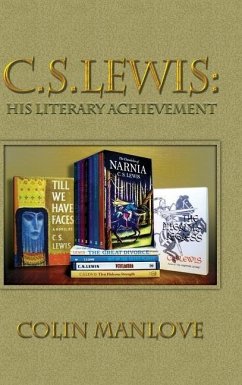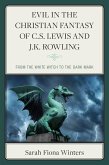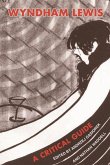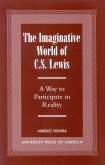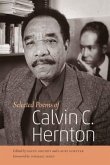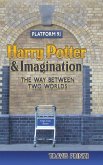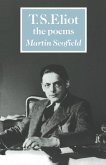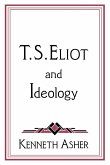This book is the first thorough analysis of the whole of Lewis' fiction to show it has behind it a considerable sophistication of literary technique and patterning. The works discussed include THE PILGRIMS REGRESS, THE RANSON TRILOGY, THE GREAT DIVORCE, the NARNIA books and TILL WE HAVE FACES. -.-.- "This is a positively brilliant book, written with splendor, elegance, profundity and evidencing an enormous amount of learning. This is probably not a book to give a first-time reader of Lewis. But for those who are more broadly read in the Lewis corpus this book is an absolute gold mine of information. The author gives us a magnificent overview of Lewis' many writings, tracing for us thoughts and ideas which recur throughout, and at the same time telling us how each book differs from the others. I think it is not extravagant to call C. S. Lewis: His Literary Achievement a tour de force." - Robert Merchant, St. Austin Review, Book Review Editor
Hinweis: Dieser Artikel kann nur an eine deutsche Lieferadresse ausgeliefert werden.
Hinweis: Dieser Artikel kann nur an eine deutsche Lieferadresse ausgeliefert werden.

